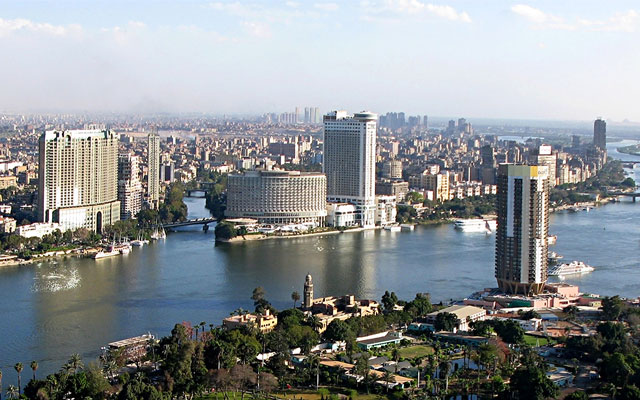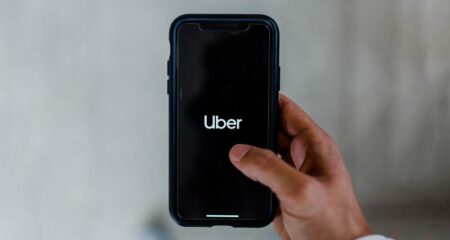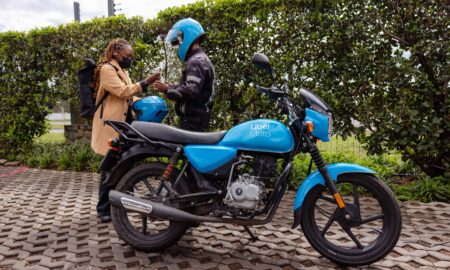
Cairo has this year surpassed South Africa’s business hub, Johannesburg, as being Internet ride-sharing service Uber’s biggest and busiest African city.
This is according to Uber’s head of operations for Europe, Middle East and Africa, Pierre-Dimitri Gore-Coty.
Gore-Coty said Cairo has overtaken Johannesburg in the last few months.
Johannesburg, which is home to over 4m people, according to Statistics South Africa, was first to get the Uber service in Africa in 2013.
The city remains a key hub for Uber as it ranks among Uber’s top five cities in the Europe, Middle East and Africa region, according to the company.
Uber launched in Cairo in November 2014. After Lagos, Cairo is Africa’s second largest city by population, with more than 19m inhabitants in its greater metropolitan area, according to World Bank data.
Demand for Uber in Cairo, subsequently, has surged. Cairo now has over 30 000 driver-partners, according to recent statements from the company. Across Africa, there are over 60 000 driver-partners.
“What has happened is that Cairo has grown at an incredible pace,” Gore-Coty said.
“Egypt, right now, out of all the African countries, is probably the fastest growing. There are about 2 000 drivers who are joining the Uber platform every month…
“What we call the green-light hub, which is the support centre for drivers we have in Cairo, is one of the most visited in the world,” he said.
Cairo could also overtake London and Paris in terms of trip numbers in the next year or so, added Gore-Coty.
“It is literally exploding,” Gore-Coty said of demand for Uber in Cairo.
Overall, demand for Uber across Africa is growing strongly and the continent is “one of our fastest growing regions in the world”, said Gore-Coty.
Uber is currently available in 15 African cities in eight countries.
In South Africa, Uber operates in Johannesburg, Pretoria, Cape Town and Port Elizabeth. Data released by Uber earlier this year revealed that the service has grown to over 4 000 partner-drivers across South Africa.
Uber’s most recent African launches took place in Tanzania, Ghana and Uganda.
“Africa is probably one of the places … where the impact we have on people’s lives and on cities is the most pronounced,” said Gore-Coty.
Factors that have buoyed demand for Uber in Africa include fast-growing cities that suffer from congested traffic, the job opportunities that the service offers and rising car-ownership levels, said Gore-Coty.
Uber’s rise in Africa, though, hasn’t been without its challenges.
In the City of Cape Town, 302 Uber cars were impounded between January and June 2016 because drivers did not have metered taxi permits.
For the period January to November 2015, 255 Uber cars were impounded by Cape Town traffic police amid the absence of metered taxi permits. Uber has previously said it is committed to working with regulators to find a route to licensing in South Africa.
And earlier this year, Uber welcomed cabinet approval of the National Land Transport Amendment Bill, which regards Uber operators as metered taxi operators.
“It is something we have truly welcomed,” said Gore-Coty. “I think with Uber we are extremely encouraged so far by the regulation that is being implemented here in South Africa by the vision that the country has when it comes to mobility.”




